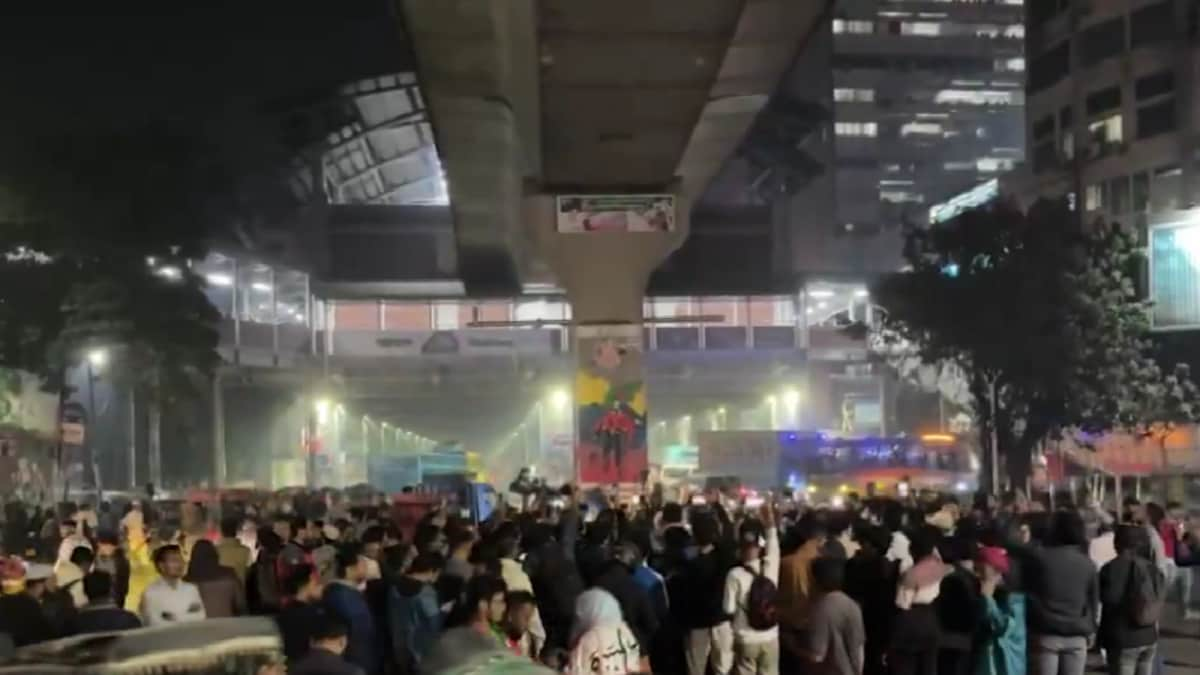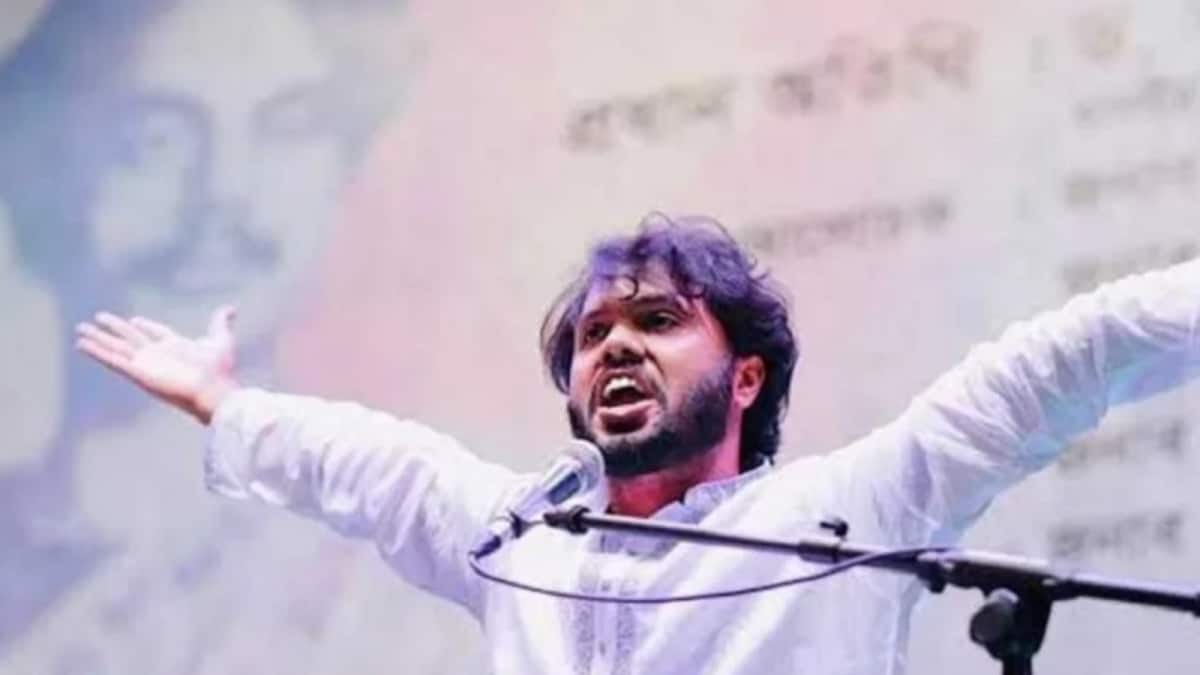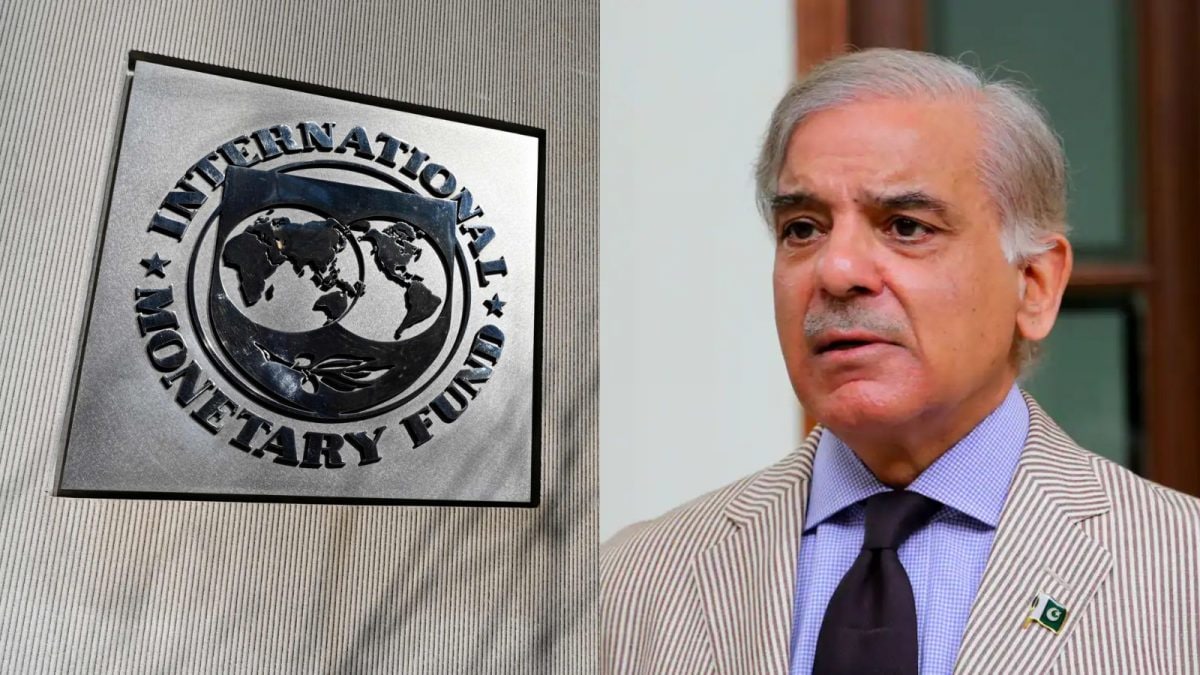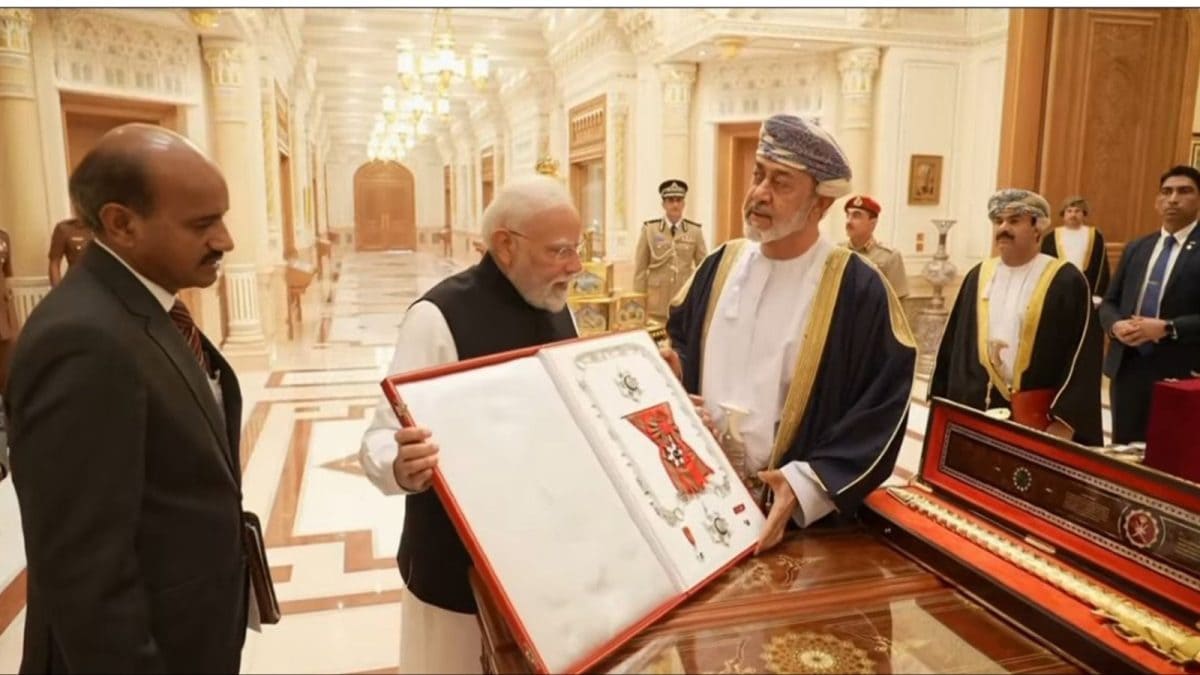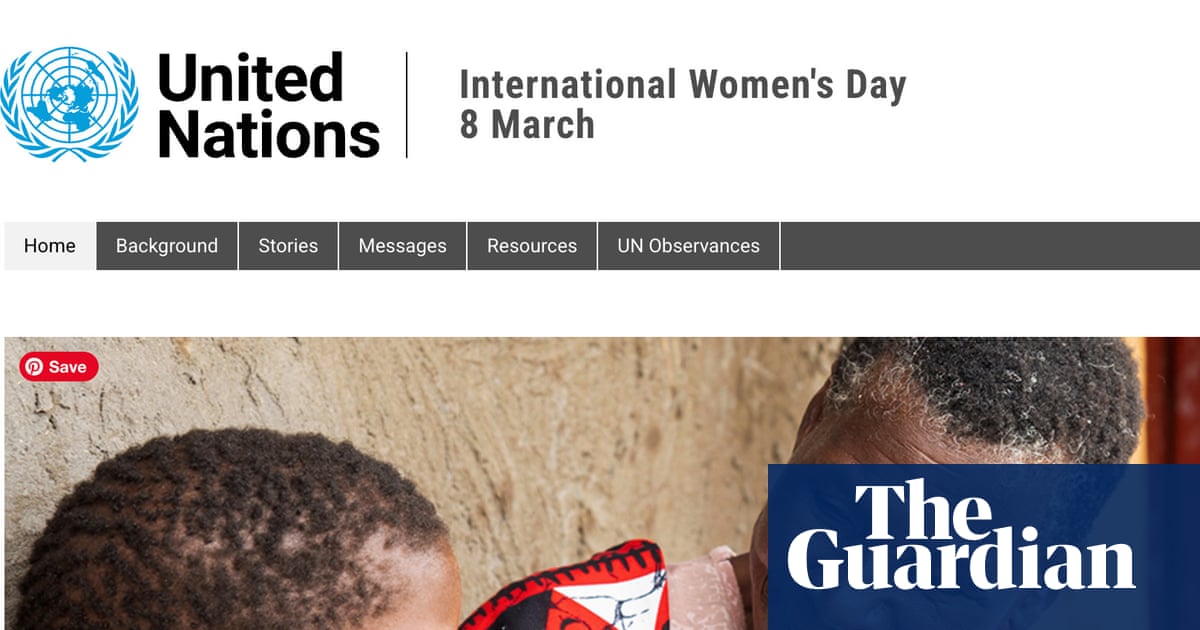Islamist groups in Bangladesh are mobilising for a massive rally in Dhaka on November 15. They are demanding that the Muhammad Yunus government declare the Ahmadiyya Muslim community "non-Muslim", following Pakistan's model of communal persecution. With clerics threatening that fire of revolt would engulf Bangladesh if their demand wasn't met, fear has gripped the tiny Ahmadiyya community.

The Ahmadiyya Mosque at Bangladesh's Saidpur is a revered place of worship for the small local Ahmadiyya community. (Image: Special Arrangement)
In yet another example of the rise in religious extremism and Pakistani jihadi mindset in Bangladesh, Islamist groups are demanding the government declare the minority Ahmadiyya sect "non-Muslims". A show-of-strength rally has been planned for November 15 in Dhaka, where Pakistani and Indian clerics, including from Darul Uloom Deoband, have been invited.
Homes, businesses and places of worship of Ahmadiyya people, along with those of Hindus and other religious minorities, were targeted soon after the fall of the Sheikh Hasina regime on August 5, 2024.
Though the demand for Ahmadiyyas to be branded non-Muslims, like in Pakistan, isn't new in Bangladesh, followers of the sect are scared for their lives and identity, even more so now amid the new political and social realities in the country. The fear was evident in the voice of the Ahmadiyyas from Bangladesh India Today Digital spoke to.
"Fanatics and extremists have an upper hand now, and there is a tilt towards a Pakistani mindset of persecuting religious minorities," a person from the Ahmadiyya community in Bangladesh told India Today Digital. The person agreed to talk only on the Signal app given its secured end-to-end encryption.
The fears are for a reason. In the lead up to the planned November 15 rally, there have been threats of massacre issued against the tiny community, numbering around a lakh in Bangladesh.
At a recent rally, Bangladeshi cleric Mufti Enayetullah Abbasi said, "August 5 was a revolt. A revolution, led by the ulemas, will soon take place in Bangladesh. There will be no rallies or marches".
"Wherever the Qadianis [Ahmadiyyas] are found, they will be killed," threatened Abbasi. He referred to the Ahmadiyyas using the term Qadiani, which the sect considers a slur. "By occupying Parliament, not the streets, the clerics of Bangladesh will get the demand of Ahmadiyyas branded non-Muslims fulfilled," Abbasi added.
Maulvi Mamunul Haq, the leader of Bangladesh's Khilafat Majlis, threatened the interim government headed by Muhammad Yunus to "declare Ahmadiyyas non-Muslims or see fire of revolt across Bangladesh".
Ahmad Tabshir Choudhury, external affairs secretary of Ahmadiyya Muslim Jamaat Bangladesh, told India Today Digital that they couldn't hold their 100th Saalana Jalsa (annual conclave) at the desired location this February.
"We couldn't organise our annual jalsa at Panchagarh in February, but held it in Dhaka as advised by the administration. We had a smaller event with 5,000 members, and others connected from six places virtually," he said.
The count of connecting 10 places was reduced to six because of "local threats" to Ahmadiyyas.
There are scores of examples of how extremists have gained space and jihadis released from jails by the Yunus regime in Bangladesh.
WHY AHMADIYYA MUSLIMS ARE PERSECUTED IN PAKISTAN
The Ahmadiyya movement was founded in 1889 by Mirza Ghulam Ahmad in Qadian, Gurdaspur, in undivided Punjab.
After Partition, the headquarters shifted to Pakistan. But Pakistan brought a constitutional amendment in 1974, declaring Ahmadiyyas non-Muslims. Till today, Ahmadiyyas in Pakistan face attacks, their mosques are destroyed, and they aren't allowed to offer qurbani during Eid. In June, Pakistan's Punjab and Sindh provinces imposed a fine of 5 lakh Pakistani rupees on members of the Ahmadiyya Muslim community for taking part in Eid al-Adha rituals, including performing qurbani, even in private.
The reason why Islamist clerics argue that Ahmadiyyas aren't Muslims is because Mirza Ghulam Ahmad claimed to be the promised Mahdi. That, they say, runs counter to Islam's core tenet of the "Finality of Prophethood" or Prophet Muhammad being the last Prophet. Ahmadiyyas counters that.
Apart from the systemic religious persecution, the Ahmadiyyas have faced terror attacks in Pakistan as well.
In October, a gunman attacked the Bait-ul-Mahdi, the headquarters of the Ahmadiyya community in Rabwah, in Pakistan's Punjab, wounding six members of the community.
In May 2010, over 90 Ahmadiyyas were killed in simultaneous suicide attacks on two mosques during Friday prayers that is now known as the Lahore Massacre.
WHO IS CALLING FOR ACTION AGAINST AHMADIS IN BANGLADESH?
The combined rally of November 15 has been called by the Majlis Tahaffuz Khatme Nabuwwat Bangladesh—an umbrella organisation of around five Khatme Nabuwwat organisations, and is supported by Hefazat-e-Islam, a major Islamist group. Political party Jamaat-e-Islami, which had in 2023 demanded a non-Muslim tag for Ahmadiyyas, hasn't made public its stand on the issue.
Khatme Nabuwwat refers to the Islamic concept of the 'Seal of the Prophets', declaring the Finality of Prophethood. This is central to the identity of various Khatme Nabuwwat organisations.
"If the government ignores this peaceful demand, we will launch a powerful movement to enforce it. Declaring Qadianis as kafir is the common demand of all Muslims," said Mohiuddin Rabbani, secretary general of the umbrella organisation, according to a BDNews24 report.
Bangladesh saw the first attack on Ahmadiyyas in 1963, when their Saalana Jalsa was attacked and two people killed.
OLD PAKISTAN LINK TO BRANDING AHMADIYYAS 'NON-MUSLIM'
In Bangladesh, organised opposition against the Ahmadiyyas started in the 1980s. In 1987, an agitation started, especially in Brahmanbaria region of eastern Bangladesh. Six Ahmadiyya mosques were captured. The sect could take back two of the mosques after negotiations, but four of the mosques are still under illegal occupation.
It was in the 90s that the demand to brand Ahmadiyyas in Bangladesh "non-Muslim" came up for the first time in Bangladesh. That was voiced by Maulavi Obaidul Haq, the khatib of the national mosque of Bangladesh, after his tour of Pakistan. Haq had brought several extremist clerics from Pakistan to Bangladesh.
Ahmadiyyas were banned in 2001 through a gazette notification, but the order was nullified soon.
Dhaka-based clerics Noor Hussain Noorani and Mahmudul Hasan Mumtazi started an agitation from 2003 to 2006 to not only declare Ahmadiyyas "non-Muslim" but to get them to call their mosques 'prarthanaghar' (prayer places), and not masjid.
"In several places, with the help of the police, they replaced the signboards as 'Quadiani Upashanalaya'," said Choudhury.
DEOBAND CLERICS INVITED TO NOVEMBER 5 DHAKA RALLY
That the clerics plan the November 15 rally to be a show of strength is clear. A holiday has been declared for all qawmi madrasas in Dhaka to ensure presence at the rally and in the streets, the Ahmadiyya, who requested anonymity, told India Today Digital.
Clerics have been invited from India, Pakistan and Saudi Arabia for the rally and the Khatme Nabuwat Conference. From Pakistan, the president of the ultra-Islamist Jamiat Ulema-e-Islam party, Maulana Fazl-ur-Rehman, will attend the rally in Dhaka.
Sayed Arshad Madani, Syed Mahmood Madani and Abul Qasim Nomani from India have agreed to attend the event, according to a report in the Dhaka-based newspaper Daily Janakantha.
While Arshad Madani is the Principal of Darul Uloom Deoband, Nomani is its vice-chancellor, and Mahmood Madani is the head of Jamiat Ulama-e-Hind (Mahmood faction).
The reports, however, do not clarify if the conference for which the clerics have been invited will be separate from the rally calling for the demands that the Ahmadiyyas be declared non-Muslim.
For now, the Ahmadiyya community in Bangladesh are worried over the violent threats from fundamentalist clerics.
"If our demands on the Qadiani issue aren't met, we know how to hold the administration by the ear and get the job done," said Maulvi Mamunul Haq, a leader of Bangladesh Khilafat Majlis. "If you do not declare Qadianis non-Muslim, the fire of revolt will burn across Bangladesh," he threatened the Yunus government.
The rally of November 15 will be a litmus test for the Yunus government, which has paid just lip service when it comes to minority rights and safety in Bangladesh. That the government hasn't cracked down upon those threatening violence on a minority sect speaks a lot though.
- Ends
Published By:
Sushim Mukul
Published On:
Oct 27, 2025
Tune In

 1 month ago
1 month ago









